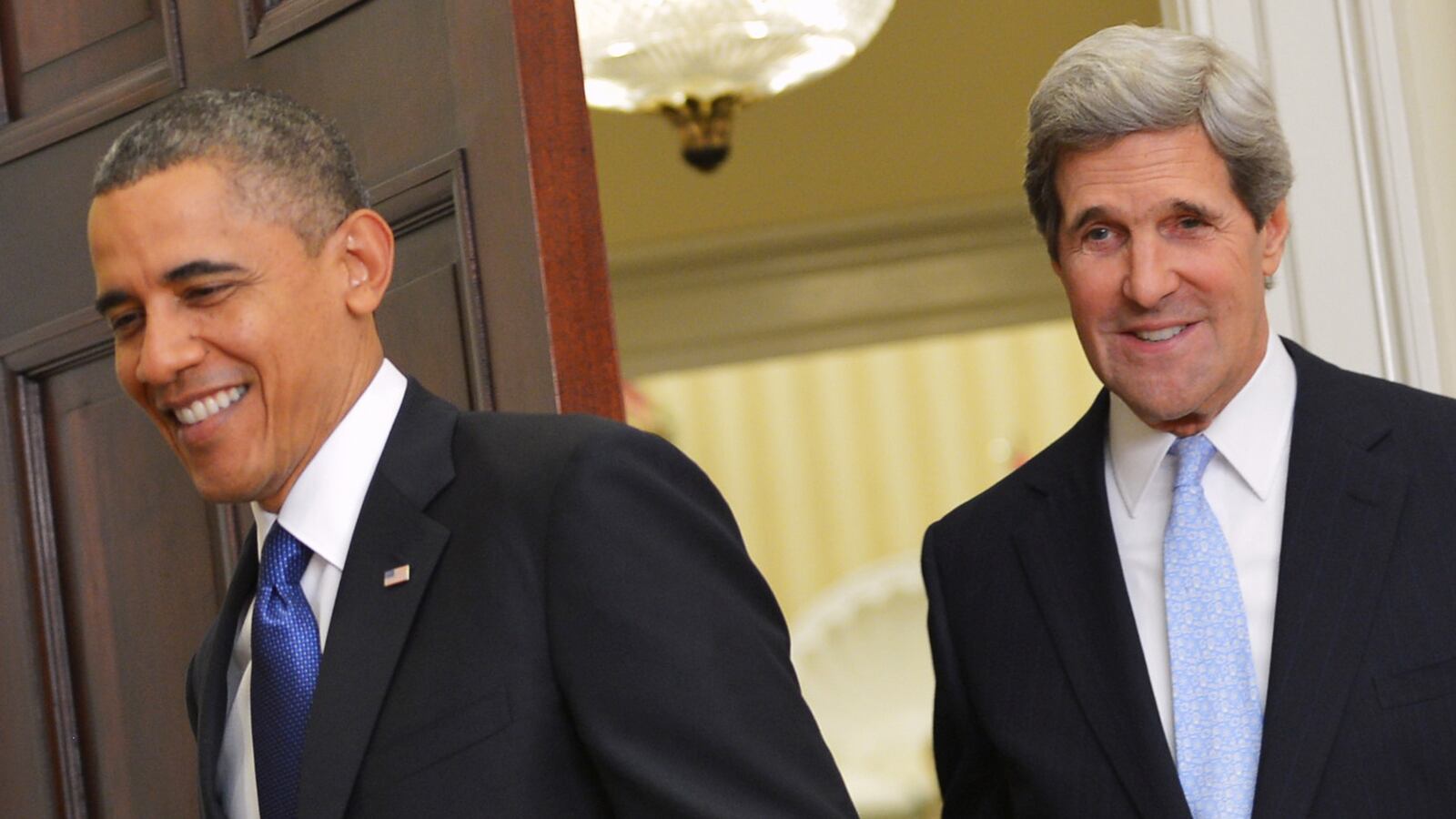Aaron David Miller is one of the most important American figures in the Middle East peace camp. Having served in the State Department for many years, he—like many of us, has oscillated between short phases of hope and long periods of frustration. However, unlike many of his colleagues, he has never sunk into pessimism but rather solely maintains a healthy dose of cynicism and much caution when advising new Secretary of State John Kerry.

I could not agree more with Miller's view that Kerry not send a special envoy for the Middle East but rather deal with the issue himself. I believe that a settlement freeze must continue to be a top priority for the United States but not as a precondition to negotiations between Israel and the Palestinians. If Palestinians continue to insist on this provision, Netanyahu's administration will carry on with construction in the West Bank thus eliminating possibilities of a peace process. It would also be worthwhile for Kerry to rebuild trust with Netanyahu as even a limited trust would be an important step towards negotiations. Netanyahu is a Republican who rooted for Romney's victory and who sees the Obama administration as a problem. Of course, it is also important to build such a relationship with Palestinian President Mahmoud Abbas, but there is no doubt that at this moment the key to real change lies in the hands of the Israeli Prime Minister, without whom such a process would not be possible.
However, I must highly disagree with Miller that Kerry must wait. Things that do not happen now will not happen later. At this time when both the United States and Israel are putting together their new administrations, this is a golden moment we must not miss. Before we know it, the U.S. will find itself in the middle of the next elections for Congress and Netanyahu's government is likely to find itself in a crisis—whether budget or otherwise. Now that the administrations are in place, let's offer possibilities for moving forward and explore their feasibility: we must strike while the iron is hot.
Options are limited and business as usual is not one of them. Israel will soon find itself as a Jewish state governing a greater number of Palestinians (when accounting for the Occupied Territories and Arab Israelis) than Jews. Most of Israel's citizens and the international community will never accept such a situation. It is just a matter of time before Palestinians in the West bank will no longer be able to live with the fact that Gaza is flourishing and receiving legitimacy and funding from the Arab world, while they depend on handouts, beg the Arab world to fulfill their promises, and wait for Israel to give them the funds they are owed.
The permanent agreement option based on Bill Clinton's December 2000 parameters and on the 2003 Geneva Accords is not acceptable to Israel's Prime Minister, who is not willing to pay the price for such a resolution. Since a forced settlement is not on the horizon for the Middle East, we will not be able to reach such an agreement soon. The Palestinians will also have a hard time reaching such an agreement since Abbas cannot speak in the name of Gaza, let alone in the name of Hamas.
The only real option at the moment is implementing the second phase of the "road map"—a Palestinian state on provisional borders based on the document to which both sides agreed a decade ago. Intensive diplomatic work by Kerry and his team can bring this temporary agreement to fruition until a permanent solution is reached. The United States will be the one to suggest a vision for a permanent agreement and will suggest a timeframe for its implementation.
Kerry must hurry. The window of opportunity is open this 2013. Do not try to bring both sides to negotiations or drag them to Washington. Do not recommend a meeting in Amman to exchange slogans. It is critical to focus on concrete and implementable options, on a low profile, discretion and promptness. Kerry knows all the key actors in this business, knows the game to be played, and can learn from the mistakes made in Obama's last term.






